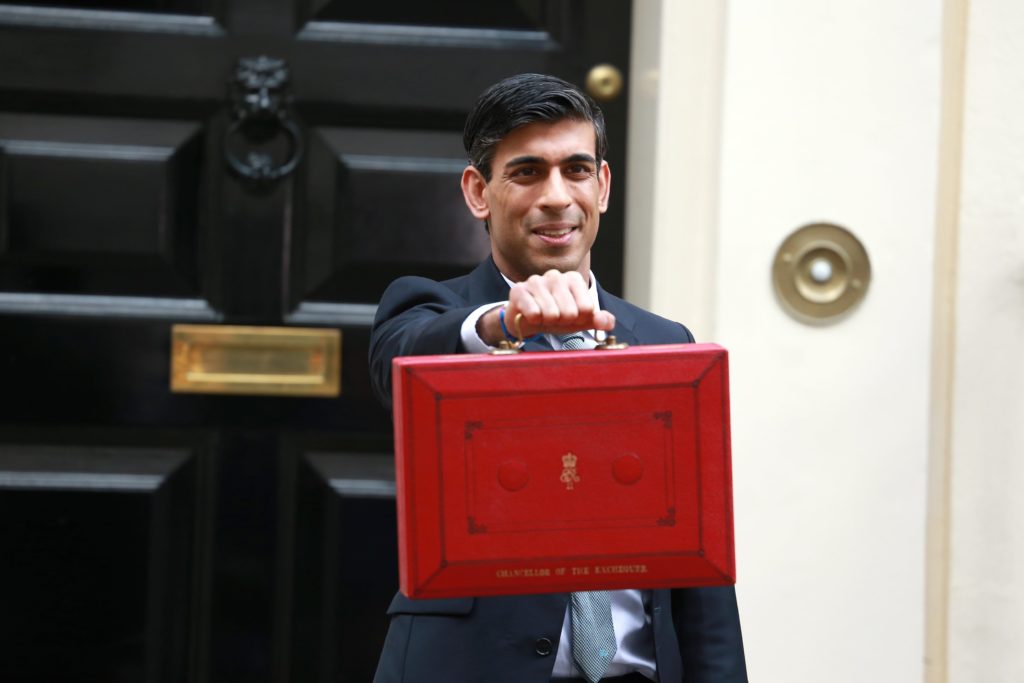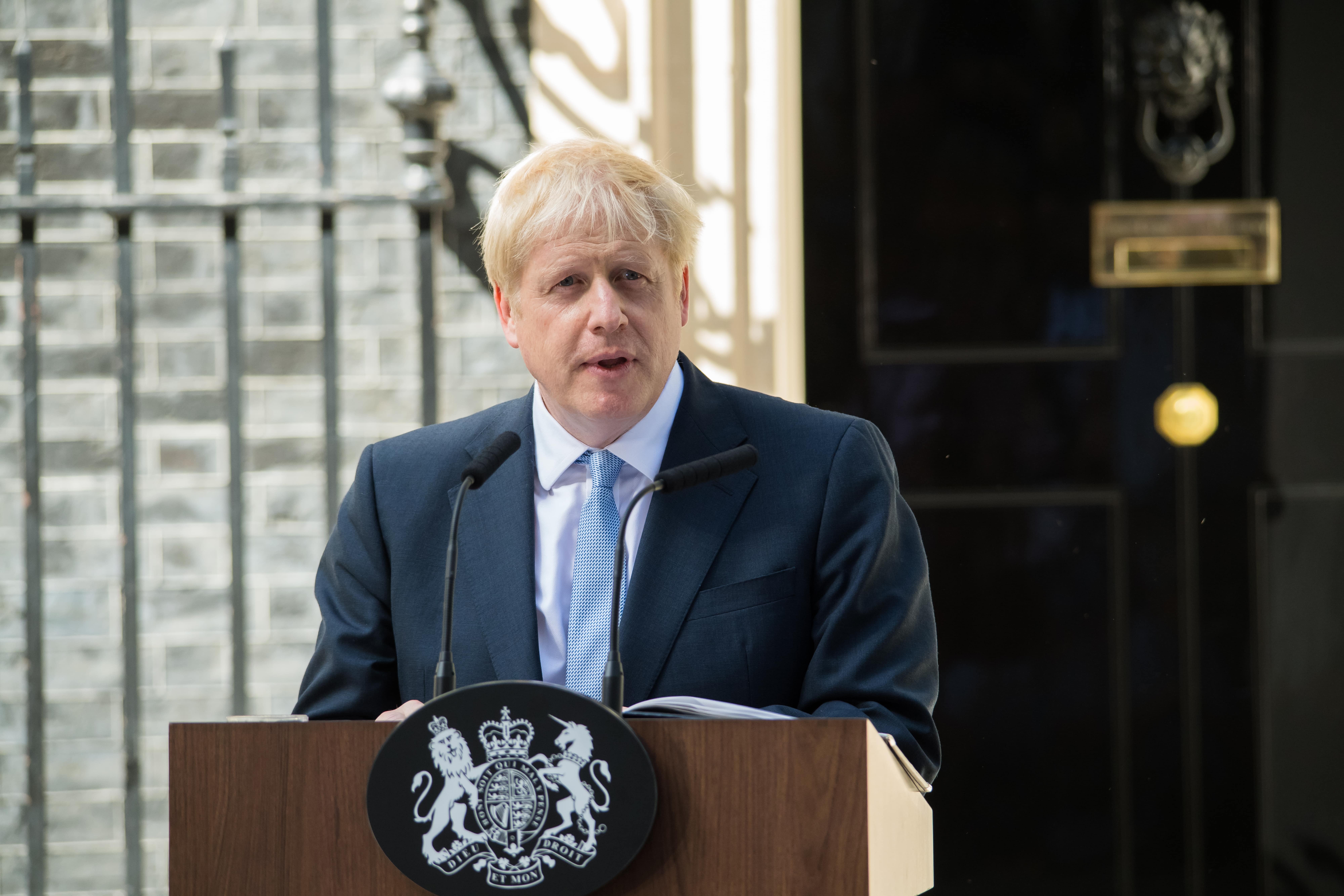Sector - Finance & Legislation
Chancellor Should Use New Freedoms to Support Construction

No longer bound by EU state aid rules, Chancellor Rishi Sunak must use the Government’s Brexit freedoms to make fiscal changes that will support property developers and contractors, and promote economic recovery.
With speculation mounting that the Chancellor might be preparing to introduce tax hikes to help pay for the pandemic, tax experts at accountancy firm, Menzies LLP, are concerned that doing so could push SME contractors and developers to the brink of insolvency. Many businesses in the sector have been struggling to stay profitable whilst implementing social distancing rules and managing other Covid-19-related disruption. The sector is also facing a number of fiscal changes this year, including a new VAT reverse charge, which will apply to the supply of construction services to other UK VAT registered businesses from 1st March 2021.
Rather than raising corporate taxes, the Chancellor should be using his first post-Brexit Budget to establish a tax regime that incentivises spending on infrastructure programmes and other capital projects, while helping to position the UK as a place that companies and individuals want to stay, invest and grow.
Lucy Mangan, tax partner at accountancy firm, Menzies LLP, said: “Now is definitely not the time to increase corporate taxes, reduce capital allowances or cut incentives for innovation, as this will do nothing to help property and construction companies to prepare for a post-pandemic bounce back. There will be a time to recoup some of the cost of the pandemic, but promoting economic stability must come first.”
Among the tax reliefs that the Chancellor is now free to change, without EU approval, are R&D tax relief and the Patent Box regime. R&D tax credits are currently under utilised by businesses in the property and construction sector, but they could be used to encourage new sustainable development and practices, whilst providing welcome tax relief in the current climate.
He could also change current corporate tax loss relief rules to allow losses incurred in the pandemic to be carried back for a longer period, in a similar way to companies being able to reclaim tax in the 2008 recession. Alternatively he could be more creative and, for example, allow loss-making businesses to offset losses against last year’s PAYE liability. Such changes would allow some of the hardest-hit businesses to access a tax refund to support them on the road to recovery.
Lucy Mangan adds: “This Budget is the Chancellor’s first opportunity to assert the UK’s independence from the EU. Enhancing tax reliefs in a way that would target support for hard-hit contractors and property developers could deliver a much-needed economic boost and protect jobs.
“Some parts of the construction sector have been affected by the pandemic more than others. A construction index report by Glenigan has revealed that the value of non-residential projects started by businesses in 2020 fell by 16 percent compared to the previous year, and the greatest decline was in the hotel and leisure sector. Businesses affected by the drop-off in demand for non-residential construction services have seen their revenues and profits plummet. Broadening the scope of capital expenditure that might qualify for this year’s £1 million Annual Investment Allowance to include more structural costs, could help encourage spending .”
If you would like to read more stories like this, then please click here
Related Articles
More Finance & Legislation Features
- Construction workers face the highest risk of fatality
13 Aug 25
Construction workers face the highest risk of fatality, with one in two Brits saying HSE training is skipped due to time pressure.
- From trades to transformation: Practical growth for SME construction firms
25 Jul 25
Many SME construction firms struggle to overcome common growth barriers.
- How sustainability and innovation can help construction companies in limit financial loss
28 Oct 24
Construction businesses are facing many challenges to their bottom line at once, but utilising creative strategies to innovate can help mitigate losses while also committing






